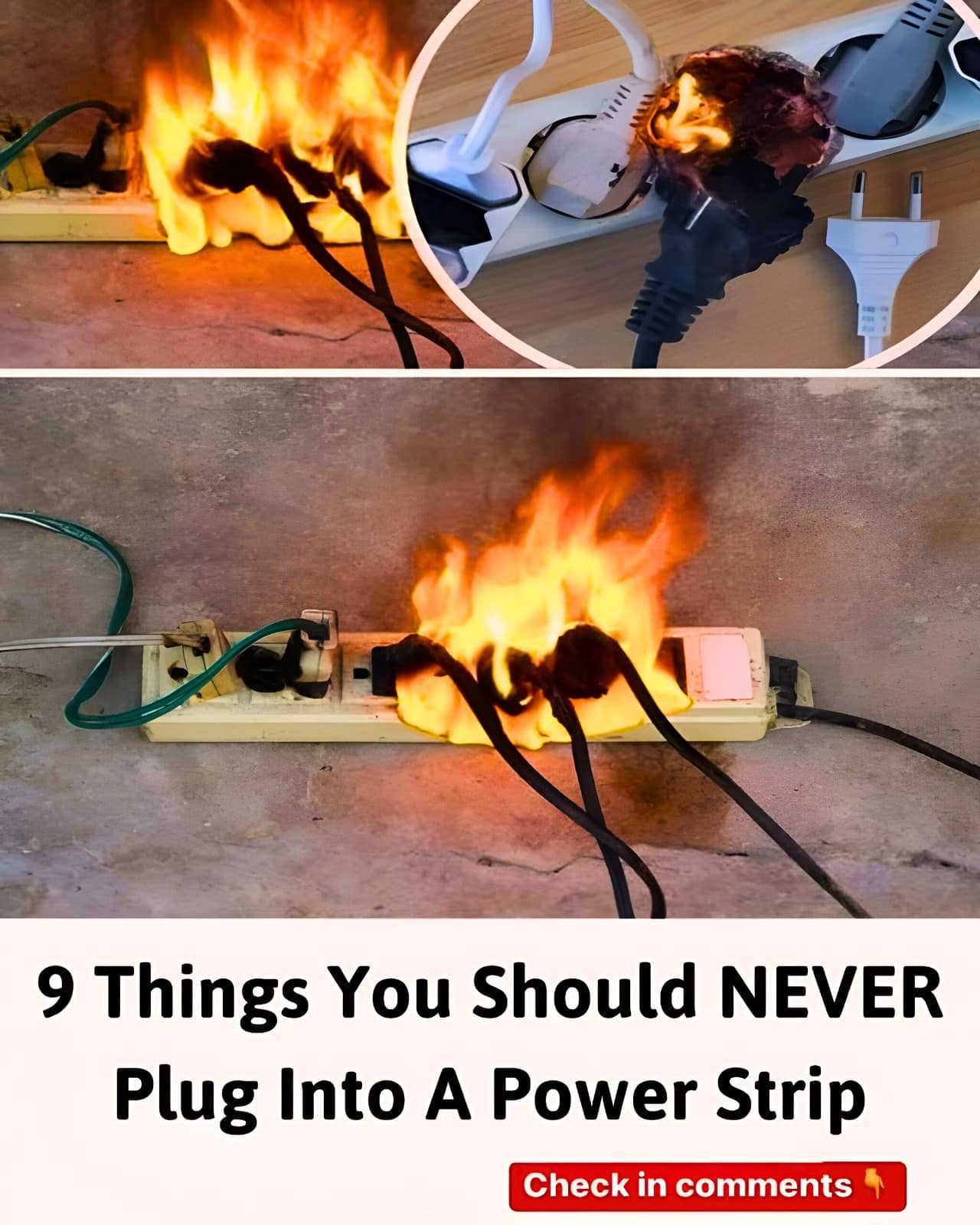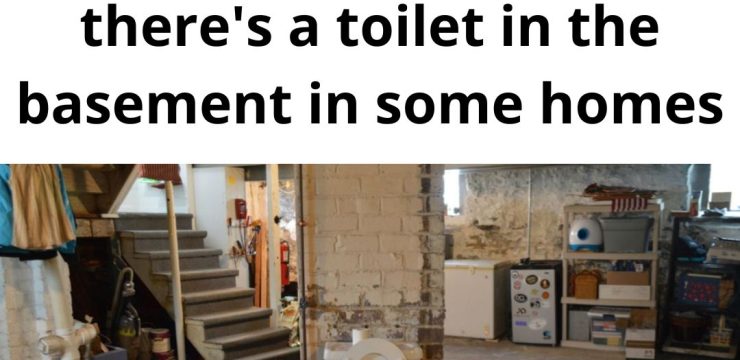As temperatures begin to dip across the northern hemisphere, households everywhere are firing up their heating systems and pulling out space heaters from storage. While space heaters are a common way to stay warm during winter, firefighters across the country are issuing a serious warning that could prevent disaster. According to safety officials, one of the biggest mistakes people make during the colder months is plugging space heaters into power strips. It might seem harmless, but this one move can result in a devastating house fire.

Space heaters are designed to pump out intense heat to keep a small area warm, but they draw a lot of electrical current to do so. That’s why fire departments—like the Umatilla County Fire District #1 in Hermiston, Oregon—are sounding the alarm. In a recent social media post, they reminded everyone: “You should never plug a heater into a power strip. These units are not designed to handle the high current flow needed for a space heater and can overheat or even catch fire due to the added energy flow.” The warning quickly went viral, as thousands of people realized they had been unknowingly putting their homes at risk.
And Oregon firefighters aren’t the only ones spreading this important message. In Ohio, the Toledo Fire Department issued a similar alert after a tragic house fire was caused by a space heater plugged into a power strip. In that case, the heater set a couch on fire, and within minutes, flames engulfed the entire home. Space heaters can reach temperatures as high as 600 degrees Fahrenheit, and when misused, they can be incredibly dangerous. To use one safely, firefighters recommend always plugging it directly into a wall outlet, maintaining at least three feet of space around it, never using it while you’re asleep or out of the room, and placing it only on hard, flat surfaces—never on furniture, carpets, or uneven ground.
The Consumer Product Safety Commission estimates that portable electric space heaters are responsible for around 1,200 fires each year. Most of these incidents are entirely preventable. As the Oregon fire officials emphasized, it’s not necessarily about the product itself—it’s about how people use it. Even high-quality equipment can malfunction or cause damage if it’s used the wrong way. No single manufacturer is to blame; the focus needs to be on consumer awareness and responsibility.
But the dangers of electrical fires don’t stop with space heaters. Every winter, homes experience fires caused by electrical malfunctions and poor safety habits. There are simple precautions that can help reduce the risk of fire in any household. First, always unplug heat-producing appliances when they’re not in use. This includes items like curling irons, coffee makers, kettles, and of course, space heaters. These devices can overheat or accidentally turn on during a power surge or malfunction, leading to fire.
Next, remember that extension cords are meant for short-term use only. If you find yourself constantly relying on them, it’s time to have an electrician install more permanent outlets. Using extension cords as a long-term solution can lead to overheating and increased fire risk. Also, be sure never to cut off the third prong from a plug. That third prong is a safety feature designed to ground the electrical current and protect against shock or surges. If your home still has two-prong outlets, consider upgrading your electrical system.
For those living in older homes, outdated wiring is a hidden danger. Electrical systems built decades ago may not be equipped to handle modern energy demands. A licensed electrician can evaluate your system and recommend updates to reduce the risk of overheating or short-circuits. Damaged cords are another major concern. If you notice fraying, broken prongs, or cracks in the insulation, stop using the cord immediately and replace it with a new one.
Don’t forget to read and follow the instructions that come with all electrical appliances. These manuals include important safety guidelines, including information on fire prevention, proper use, and even where to register your product in case of recalls. If you see warning signs like burn marks on outlets, flickering lights, a burning smell, or breakers that constantly trip, don’t ignore them—these are red flags that something is wrong and needs to be checked.
Lastly, make sure you have working smoke detectors in every room of your home. Test them regularly and change the batteries at least once a year. A properly functioning smoke alarm can be the difference between life and death in a fire emergency. While staying warm during the winter is important, doing so safely is absolutely critical. Avoid plugging space heaters into power strips, follow all safety guidelines, and make smart electrical choices to protect your home and loved ones from fire risk.





